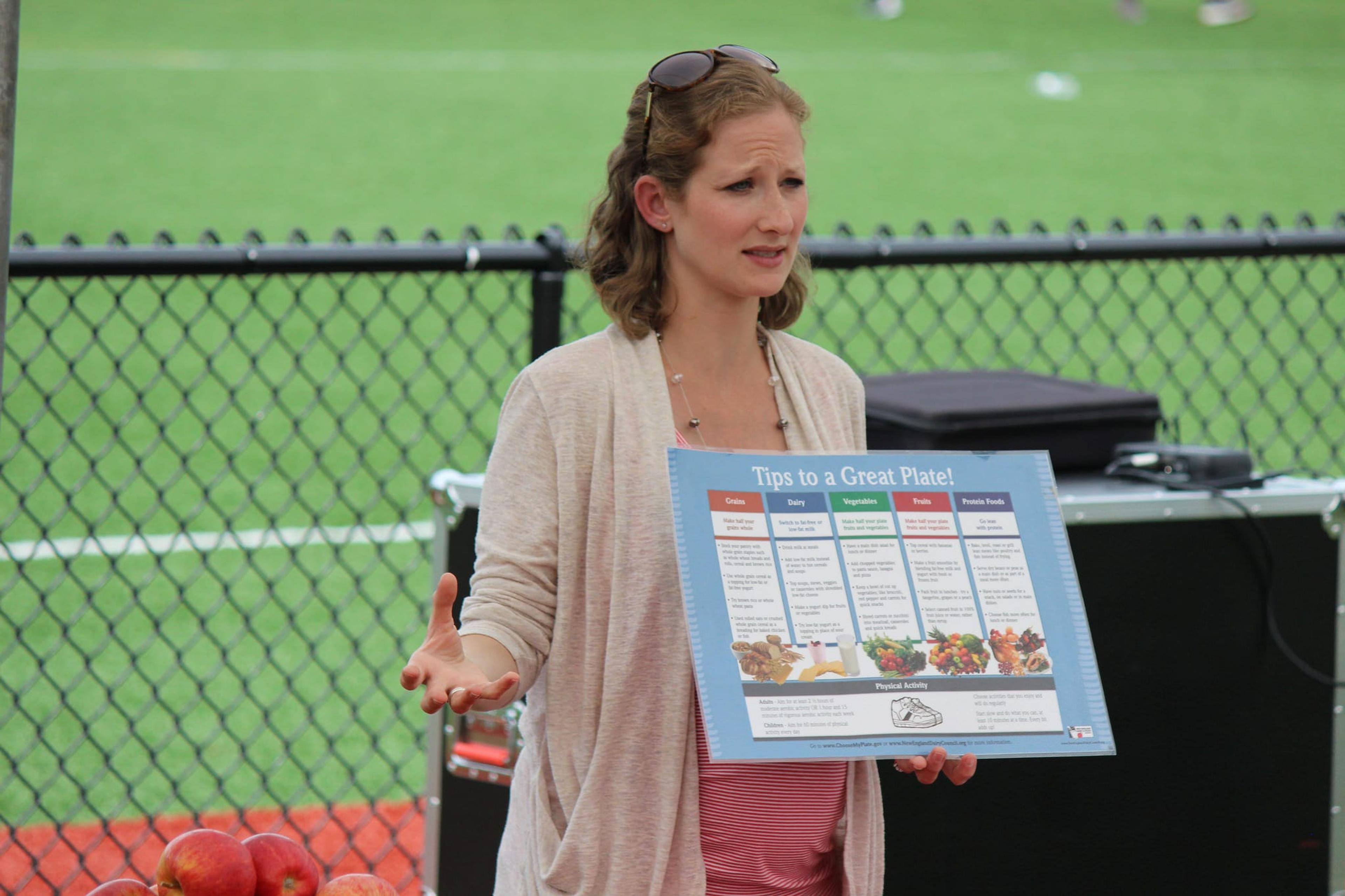5 Times to Consider Seeing a Registered Dietitian Nutritionist
Sheryl Lozicki, RD
| 3 min read

Food is not just a sensory experience, it has a direct line to our health. But the connection between what you eat and your physical and mental well-being isn’t always obvious. That’s where registered dietitian nutritionists (also known as RDNs) come in. Registered dietitians are experts who can provide the nutritional details on food, share healthy recipes and cooking options, and help people make smart dietary decisions to improve their overall health. Have you ever wondered whether visiting a registered dietitian would be beneficial to you or your family? Below are five times you might consider meeting with one:
- Your child or someone in your child’s school has a food allergy: Whether you just found out your child has a dairy intolerance or that your kid’s preschool has banned tree nuts, meeting with a registered dietitian can help you figure out the safest foods to prepare. Allergens can be found in not-so-obvious foods. A registered dietitian can provide great options and alternatives to help you navigate the allergy.
- You or your family needs to make a dietary change: Registered dietitians stay on top of medical science and evidence-based research, then translate the information into easy-to-understand, useful tips for you and your family. If you personally or someone you love needs to change their diet for their overall health, a registered dietitian can come up with a smart plan.
- You’re dealing with a chronic disease or condition: Improving your diet can help you reverse some conditions, manage others and prevent new ones from arising. If you have high blood pressure, high cholesterol, diabetes or heart disease, visiting with a registered dietitian can help you improve your outcome.
- You’re expecting or trying to get pregnant: Registered dietitians can help make sure you consume the right amounts of vitamins and nutrients like folate, iron and fluoride to keep you and your baby healthy, according to the Academy of Nutrition and Dietetics.
- You’re caring for an aging loved one: Balancing long-term care with medication and nutrition can be tricky. A registered dietitian can help with food and medicine interactions, hydration tips and the changing taste buds of older adults.
Registered dietitians have extensive schooling (a bachelor's degree from a regionally accredited college or university as well as completion of an accredited, pre-professional experience program). They must pass a national examination and complete 75 continuing education credits every five years. To find a registered dietitian nutritionist in your area, go to www.eatright.org/find-an-expert. As always, be sure to check your insurance coverage before you make an appointment to see a specialist. You may be required to have a visit with your family doctor first before seeing a dietitian. For more information on specialists who can help keep you healthy, check out these other blogs:
- Women's Health: The Doctors and Specialists Who Keep You Healthy
- What's a Podiatrist?
- What Exactly Is a Gastroenterologist?
Photo credit: Michael Wilson
About the author: Sheryl Lozicki, RD, Director of Nutrition and Wellness at Mercy Health Saint Mary’s in Grand Rapids, Michigan is a Registered Dietitian Nutritionist who has worked with clients of all ages to improve their nutritional health for improved performance both on the field and at work. She appears regularly in the media providing nutrition tips including her WZZM My West Michigan segments "On the Menu" and "In Your Cart," teaching viewers how to shop and eat healthier. She enjoys helping companies create healthier work environments and supports local community wellness initiatives in addition to her role at Mercy Health Saint Mary's.





